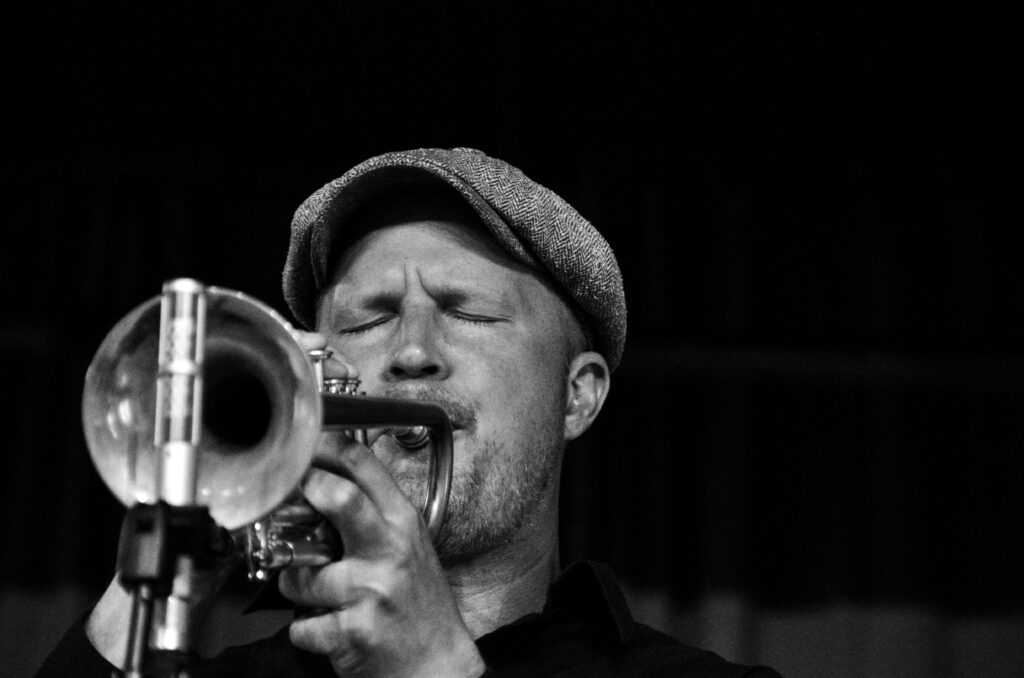
When a person feels truly seen by you, they will do anything for you. Leaders create highly motivated organizations by learning how to deeply see other people’s gifts.
How do we learn to see our colleagues’ greatest gifts?
We are each perceiving more than we know. The people around us are constantly putting out subtle signals about who they are. We can train ourselves to notice these signals and translate them into an understanding of the essential gift the other is carrying.
In our coaching work, we’ve developed a way for people to hone their natural ability to read other people, and specifically to read what is best in others. For this we use the same radar that we use more typically to look for the threats that we need to be aware of when navigating complex or new environments.
The first step is to switch on the capacity to be interested, enthusiastic, even passionate for discovering the natural gifts of people we encounter. Some simply light up at the invitation to investigate the strengths and talents of others. Others may need to be persuaded by the practicality of how powerful this is, how much gets done with so much less effort, when people feel seen.
The following four-step method will develop this ability further:
- Think about what the person has achieved, what creative outcomes tend to happen at their hand? Identify common themes.
- Ask someone to speak about his or her own gifts using questions like “Tell me about a time when you were giving your best stuff.” People are often hesitant. If you need to prompt them, use examples from the ‘Think’ step above.
- Feel what happens in your own being when you are around them. What qualities seem to be more inspired or available to you in their presence?
- Write your articulation of the benefit that is in the world because of this person. To do this, you distill the achievements, stories and perceptions that you gleaned from the first three steps into their essence.
Some of us find it easier than others to distill a lot of data to its essence. Use of poetic metaphor can be helpful. For example, if you were to articulate this benefit as something that occurs in nature, what would that be? Or, if it were a nourishing food, what would it be?
When you can articulate for yourself the gifts of another, you find yourself invested in their greatness, in the fulfillment of their potential. We all feel this instinctively. We know whether someone gets us or not, and are uplifted by it. We want to serve those who will be most happy for our achievements, those who most clearly see our gift.
Practice the Think-Ask-Feel-Write method with people in your life, and see what happens for you and them.
